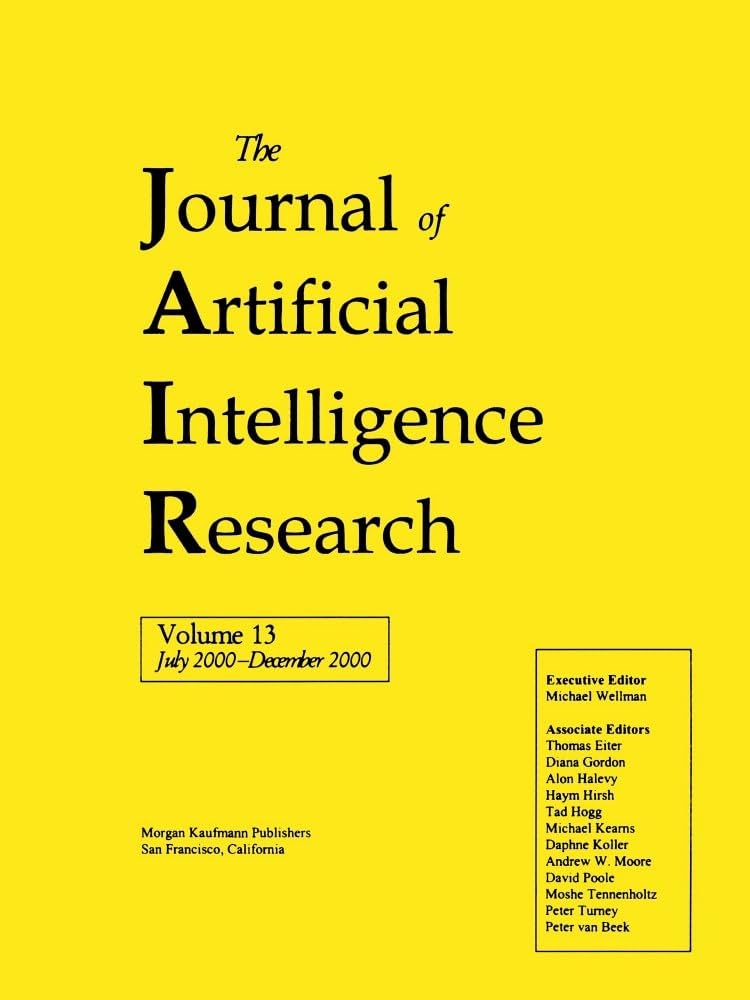Fair Influence Maximization in Large-scale Social Networks Based on Attribute-aware Reverse Influence Sampling
IF 4
3区 计算机科学
Q2 COMPUTER SCIENCE, ARTIFICIAL INTELLIGENCE
引用次数: 1
Abstract
Influence maximization is the problem of finding a set of seed nodes in the network that maximizes the influence spread, which has become an important topic in social network analysis. Conventional influence maximization algorithms cause “unfair" influence spread among different groups in the population, which could lead to severe bias in public opinion dissemination and viral marketing. To address this issue, we formulate the fair influence maximization problem concerning the trade-off between influence maximization and group fairness. For the purpose of solving the fair influence maximization problem in large-scale social networks efficiently, we propose a novel attribute-based reverse influence sampling (ABRIS) framework. This framework intends to estimate influence in specific groups with guarantee through an attribute-based hypergraph so that we can select seed nodes strategically. Therefore, under the ABRIS framework, we design two different node selection algorithms, ABRIS-G and ABRIS-T. ABRIS-G selects nodes in a greedy scheduling way. ABRIS-T adopts a two-phase node selection method. These algorithms run efficiently and achieve a good trade-off between influence maximization and group fairness. Extensive experiments on six real-world social networks show that our algorithms significantly outperform the state-of-the-art approaches. This article appears in the AI & Society track.基于属性感知反向影响抽样的大规模社会网络公平影响最大化
影响最大化问题是在网络中寻找一组使影响传播最大化的种子节点,已成为社会网络分析中的一个重要课题。传统的影响力最大化算法会导致影响在人群中不同群体之间的“不公平”传播,这可能导致舆论传播和病毒式营销的严重偏见。为了解决这一问题,我们提出了关于影响最大化和群体公平之间权衡的公平影响最大化问题。为了有效地解决大规模社交网络中公平影响最大化问题,提出了一种基于属性的反向影响采样(ABRIS)框架。该框架旨在通过基于属性的超图来估计在特定群体中的影响,从而可以策略性地选择种子节点。因此,在ABRIS框架下,我们设计了两种不同的节点选择算法:ABRIS- g和ABRIS- t。ABRIS-G采用贪婪调度方式选择节点。ABRIS-T采用两相节点选择方法。这些算法运行效率高,在影响力最大化和群体公平之间取得了很好的平衡。在六个真实的社交网络上进行的大量实验表明,我们的算法明显优于最先进的方法。本文出现在人工智能与社会轨道上。
本文章由计算机程序翻译,如有差异,请以英文原文为准。
求助全文
约1分钟内获得全文
求助全文
来源期刊

Journal of Artificial Intelligence Research
工程技术-计算机:人工智能
CiteScore
9.60
自引率
4.00%
发文量
98
审稿时长
4 months
期刊介绍:
JAIR(ISSN 1076 - 9757) covers all areas of artificial intelligence (AI), publishing refereed research articles, survey articles, and technical notes. Established in 1993 as one of the first electronic scientific journals, JAIR is indexed by INSPEC, Science Citation Index, and MathSciNet. JAIR reviews papers within approximately three months of submission and publishes accepted articles on the internet immediately upon receiving the final versions. JAIR articles are published for free distribution on the internet by the AI Access Foundation, and for purchase in bound volumes by AAAI Press.
 求助内容:
求助内容: 应助结果提醒方式:
应助结果提醒方式:


